Policing is different around the world
As we grow, we would find out about how policing would work in the United States. We would all think the system of how policing worked would the same all throughout the United States, even around the world. Although as we hear news about events happening and we decide to find out more, we end up discovering that policing is not the same around the world, it’s different in many places. In the United States, the way policing works is not functional enough and there are some errors that need to be fixed. If we were to change a few things in the policing system to make it more like other places, would it make policing in the United States and other places better?
As errors have started to rise in our policing, we all wondered how we could make it better? What can we change? Policing is different around the world, different systems, different ways of working, and different ways of training. In places like Sweden, their policing has a single national force that is overseen and organized by the federal government themselves, according to the Council on Foreign Relations (CFR). The government in Sweden is the one that takes care of the policing and the way its system works. If we look at other countries on their policing, like England and Wales, they have a regional force then enjoy a bit of autonomy, they have to meet the federal government’s standards, “including on training and investigation misconduct” according to the CFR. In Canada, their way of policing is based on a system that “administers police at the municipal, provincial, and federal levels, has fewer than three hundred law enforcement agencies,” states the CFR. In European countries, policing is viewed a bit differently. The way they work is: There is a problem, lets work together to find a solution instead of there’s a problem, call or send the police, according to The Washington Post.
As we have looked at 4 different ways policing works in different places, how does it work in the United States? In the United States, the way policing works is their system has around eighteen thousand law enforcement agencies, including the state, local, and federal police forces, the CFR found. In the United States, basic training can take as little as 21 weeks or 33.5 weeks with field training. While in Germany, you need to require two and a half years to four years in basic training with having the option of pursuing “equivalent of a bachelor’s or master’s degree in policing,” according to The Atlantic.
What if we were to change a few things in the United states system, what could we change to improve it? If the United States were to adopt a few similar standards of its European counterparts, the standards would not be enforced on a national due to the United States having around eighteen thousand law enforced agencies that are run at city or country level “employing anywhere from one to 30,000 officers.” The standards and practices these agencies employ can vary widely depending unlike other places having much less than eighteen thousand police agencies, states The Atlantic.
Policing around the world is different in many places, but to possibly fix the errors in the policing in the United States is going to take a long while depending. It is possible to make our policing in the United States better, but will everyone agree with the changes is the real question that we do not know how to answer until the police system in the United States changes, we will find our answer. Until then, we have to deal with the system we have now until it changes or it doesn‘t.
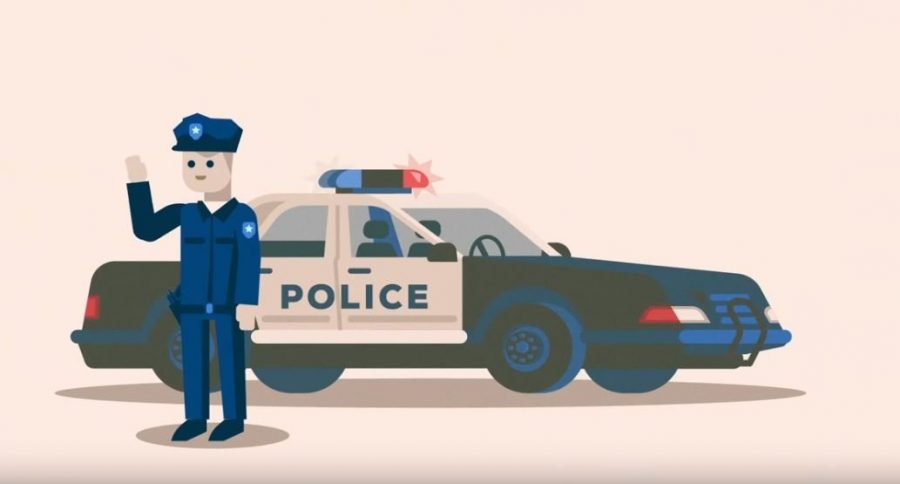


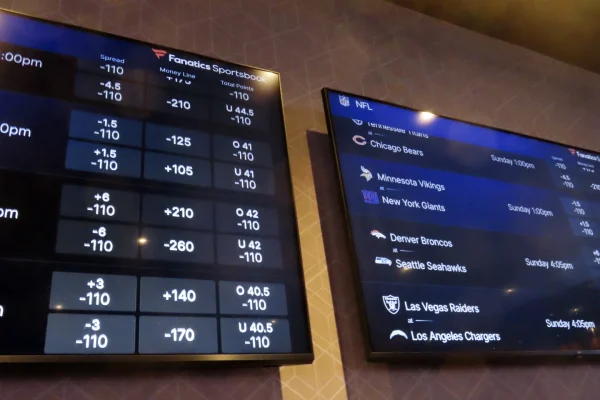
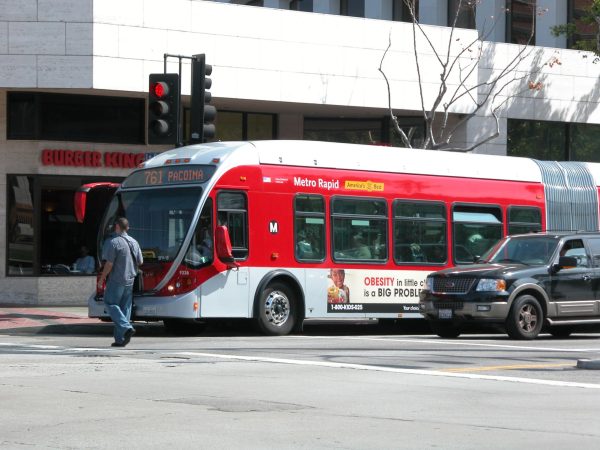
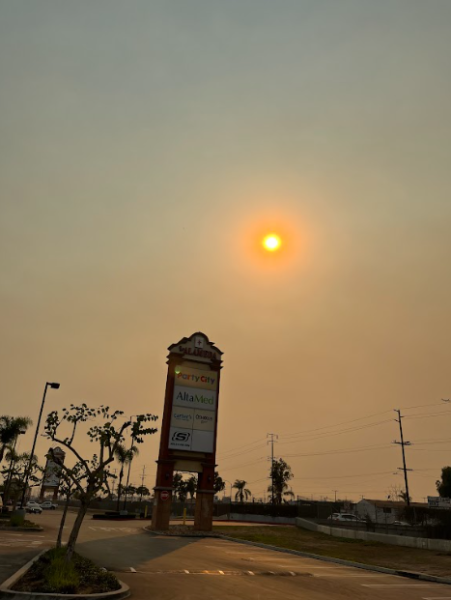


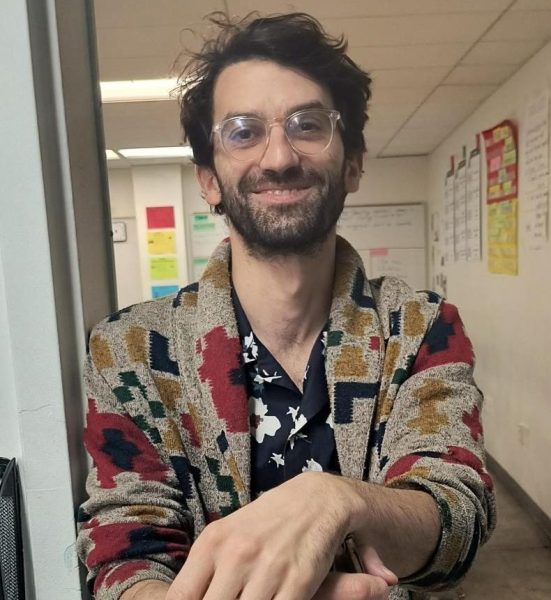
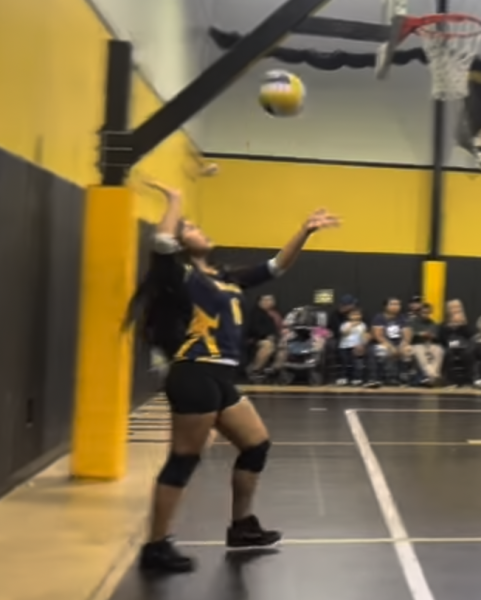

Julia Hernandez • Mar 5, 2021 at 12:30 pm
Very interesting how in this topic you brought up multiple places. It’s great to learn about policing around the world! 😀
Aleisha Gonzalez • Mar 4, 2021 at 3:34 pm
I really enjoyed your writing because it is very interesting and i like how detailed it was.